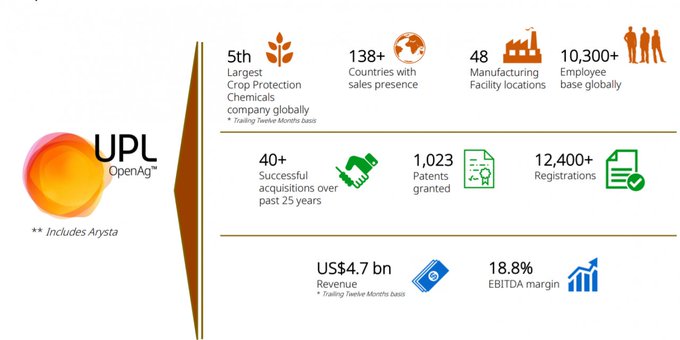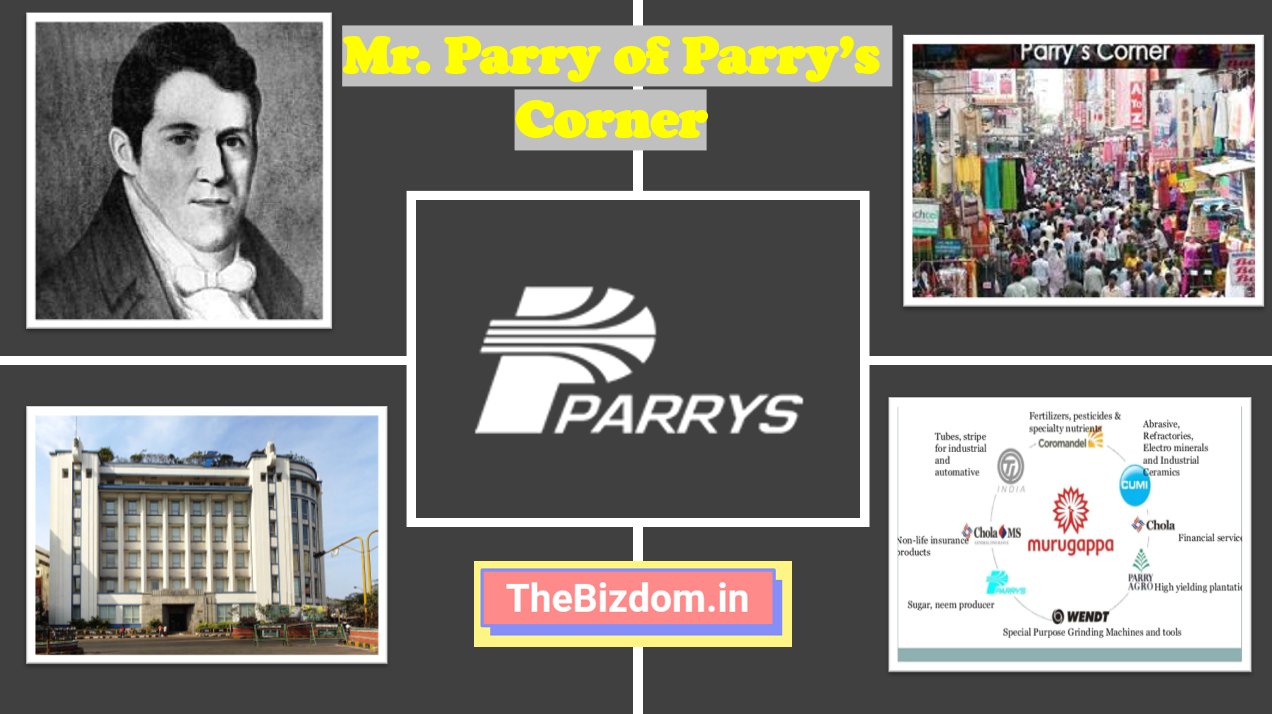3 min to read
The Making of an Agrochemical giant from india
The journey from Swadeshi movement to Global play
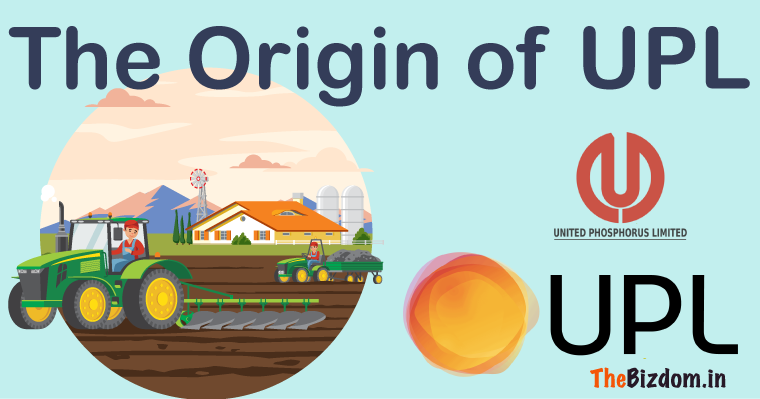
Shroffs & Swadeshi movement
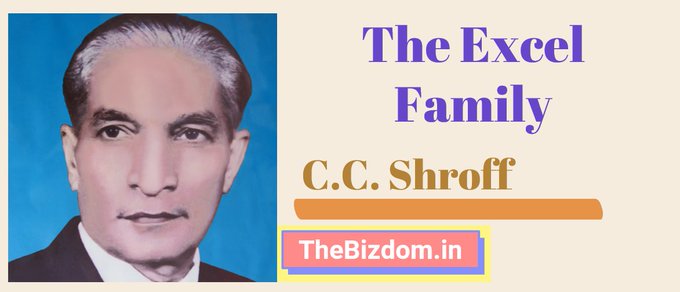
Shroffs (an occupational surname) were not the only Gujrathi to get into Chemicals. Many started in 1940s and continued till 1970s. Choksi, Dani and Vakil started Asian Paints, Chimanlal Mehta Deepak Group, Lalbhais-Atul, Amins-Alembic, Parekh’s Pidilite.
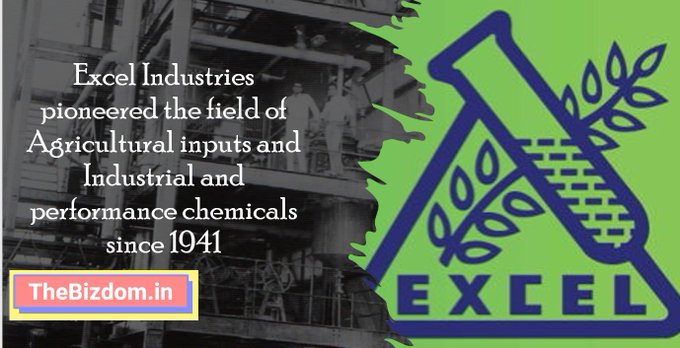
What is AgroChemical?
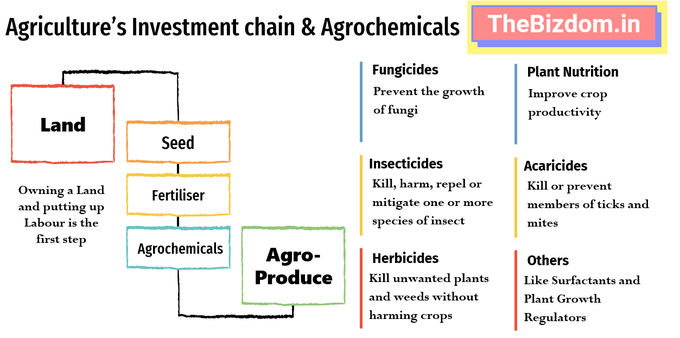
Raju bhai
Rajju Shroff started visiting their Eupore factories. And met his love also.
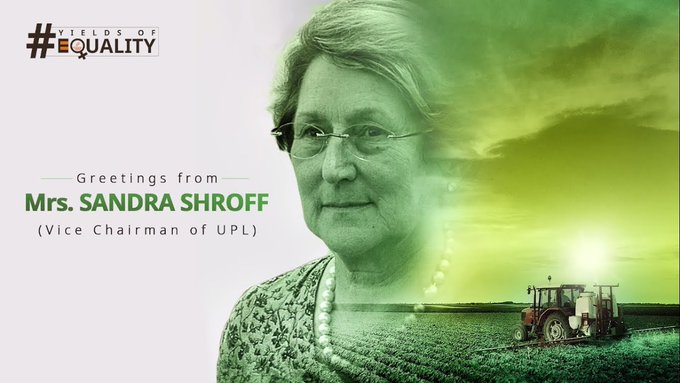
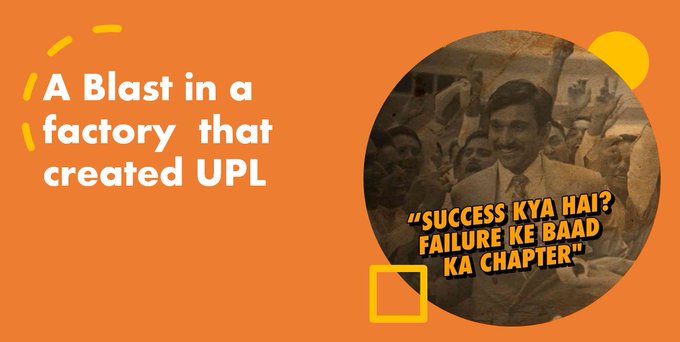
It was time when Swedish Matchs had almost the monopoly in India and across the world. And, the key chemical was an inflammable substance called red phosphorous that ignited the stick.
He was very excited about the potential of this chemical and started experimenting in the factory and almost destroyed the whole factory in a blast. He was asked to stop all this nonsense. But, then “Failure ke Baad hi to Success hai”. So, he decided to part way.
He started with Rs. 4 lakh along with few staffs and started making Red Phosphorous- company was named as United Phosphorous.
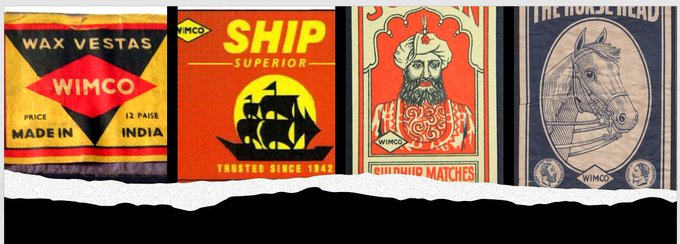
Their logic was that for making Phosphorous, one needs capital in Crores, not in Lakhs. Teams visited Rajjubhai’s factory and found everything OK. They were growing quite will and by 1984 the company became public limited and by 1992, its growth multiplied, thanks to LPG policy.
Agrochemical Play
UPL got into agrochemical in 1976 and Rajjubhai’s UK connecting again came handy. In 1994, British company (MTM Agrochemical) was closing down, they decided to buy and turn that around. Bingo, it worked for them. His Sons suggested more such acts.
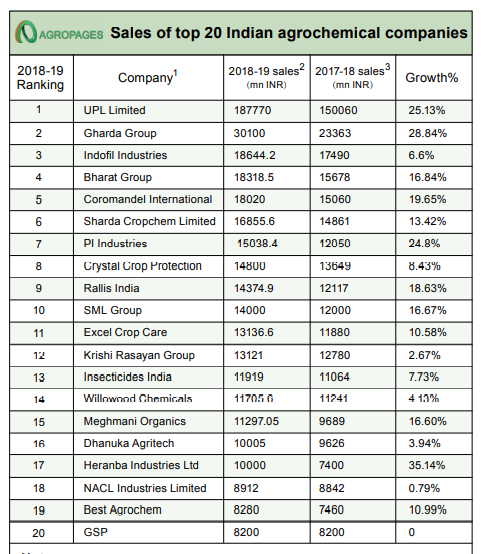
In the global Agrochemicals, Japanese were considered to be the best in creating new formulations. And, not many Indian companies were able to build a good relationship with them. PI Industries was the first and hence have a pole position in India.

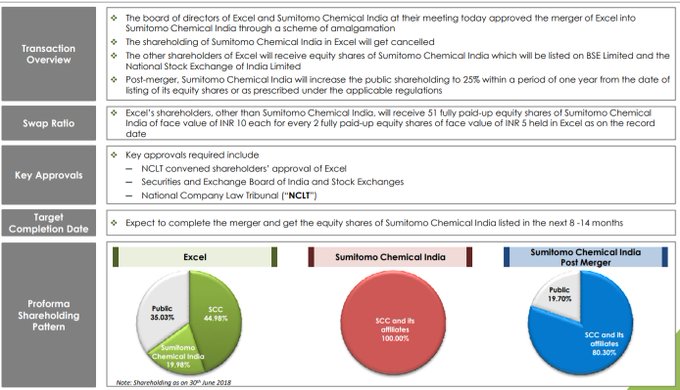
Now
